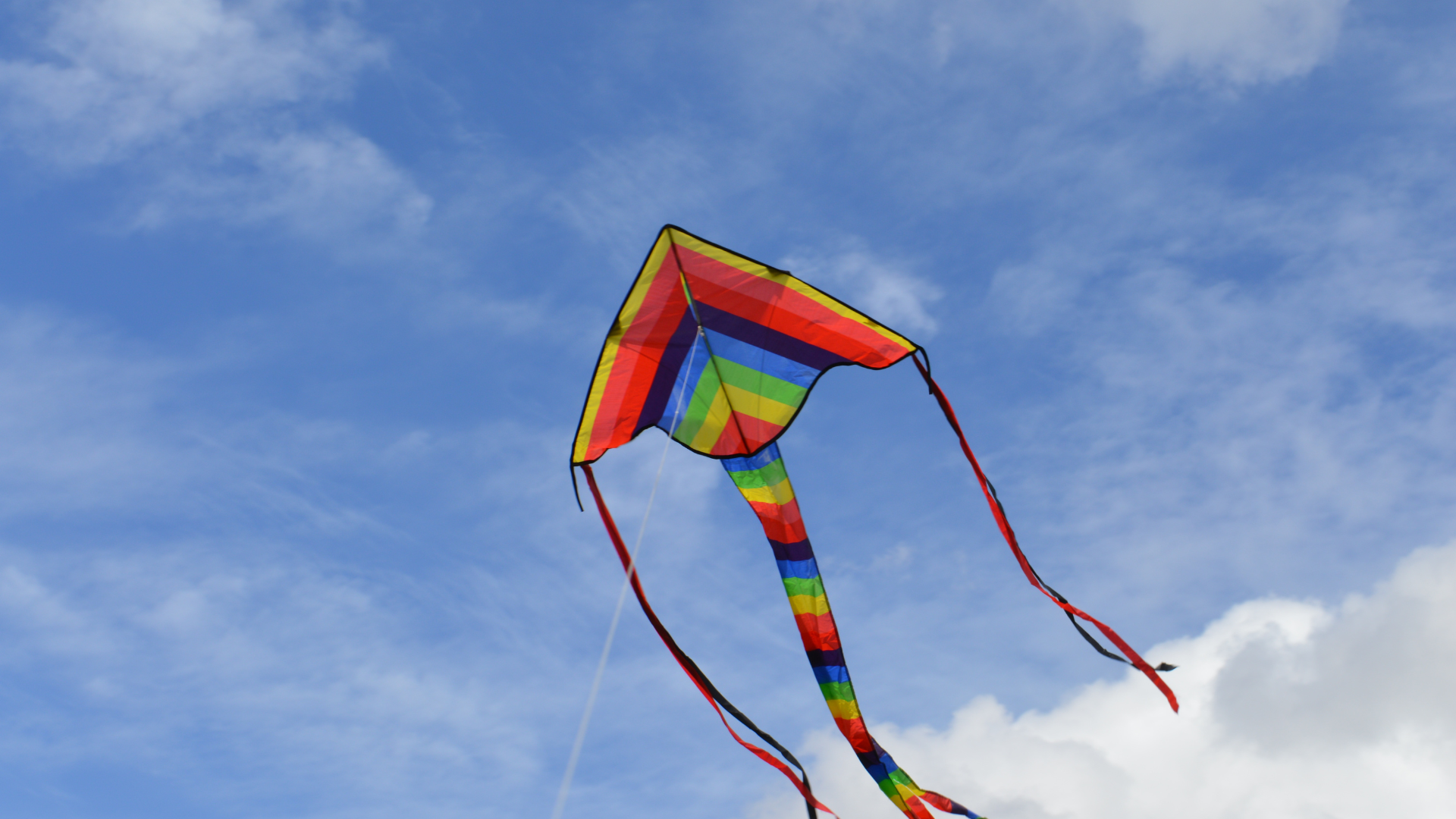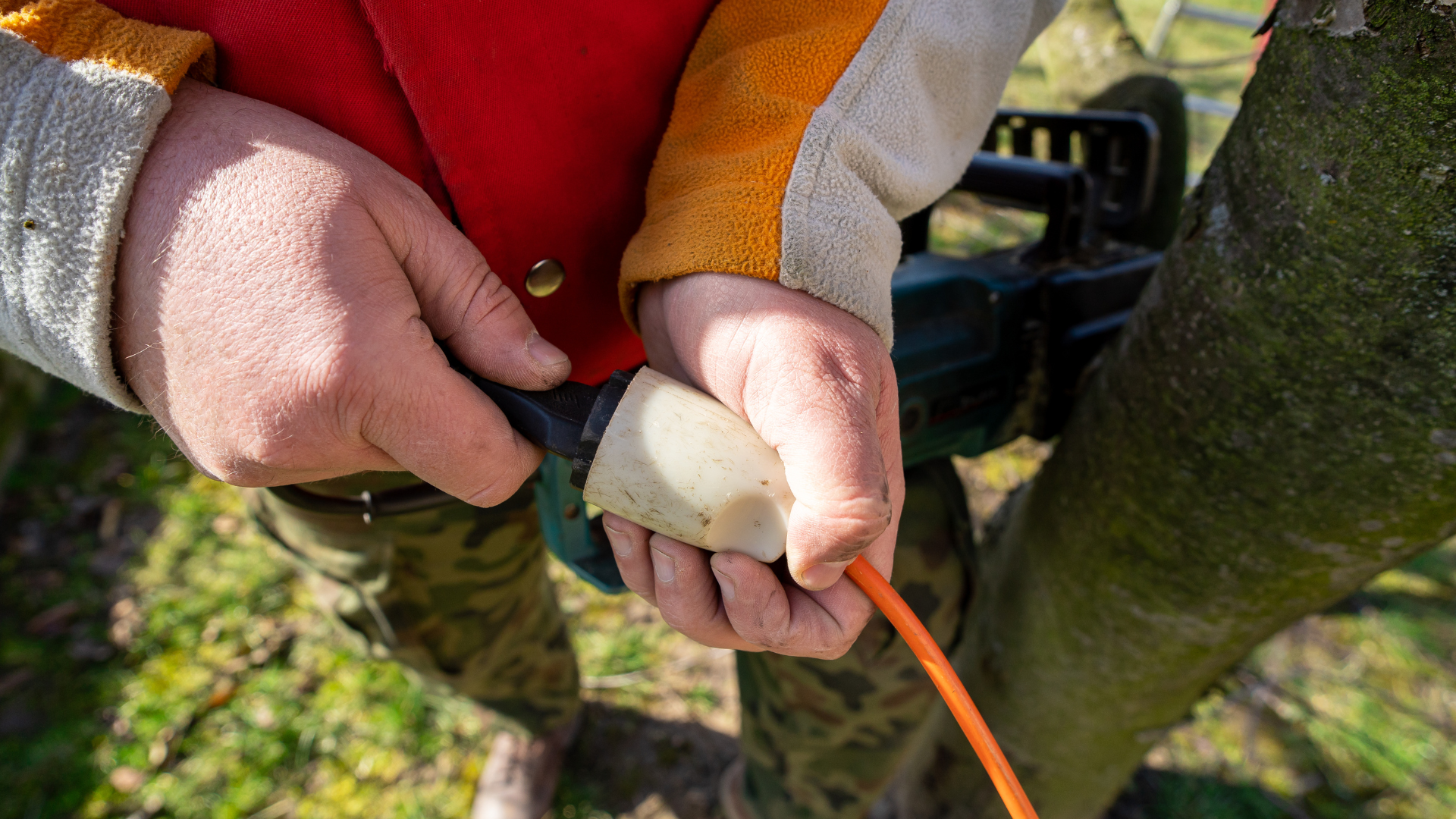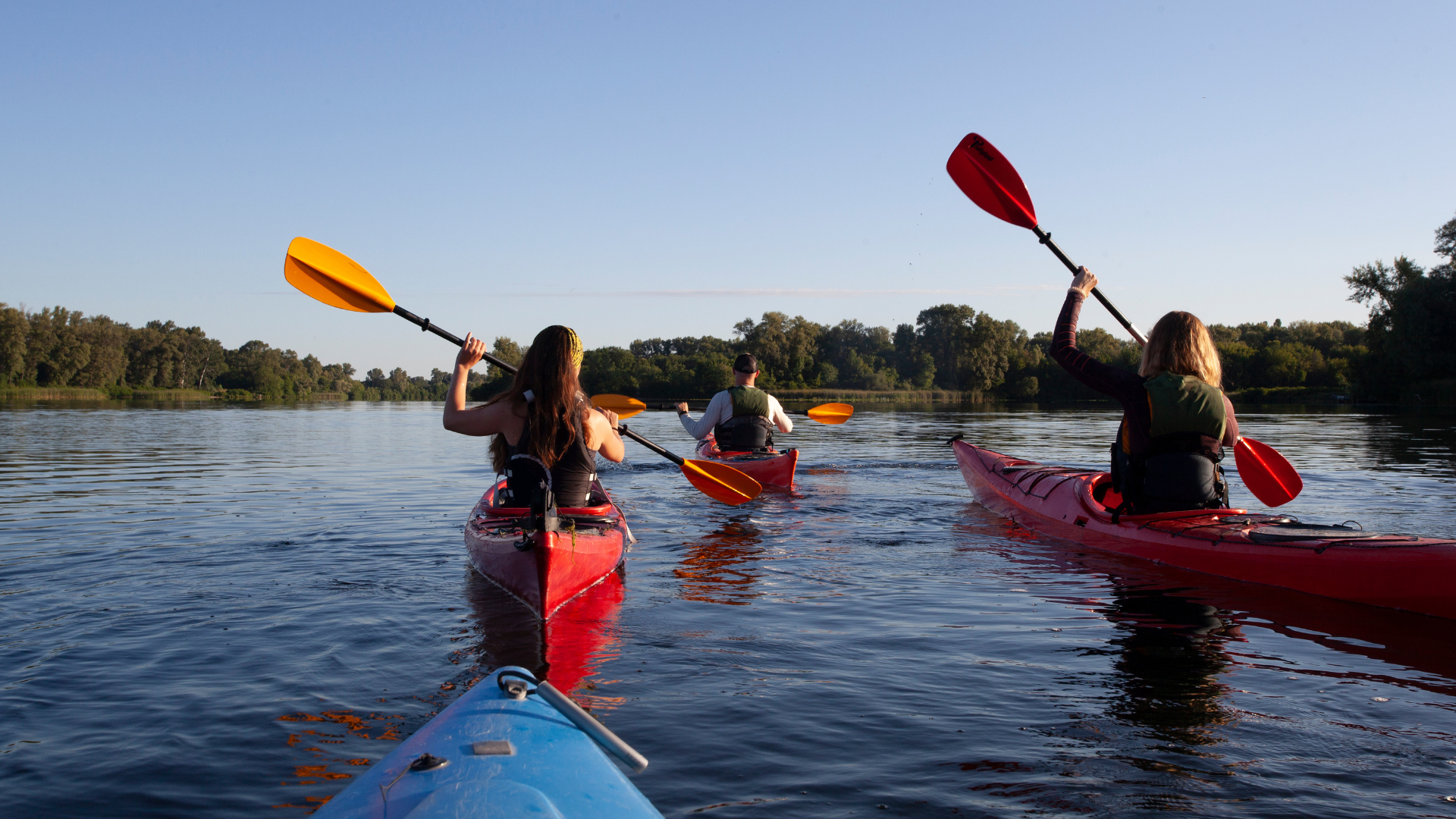School’s out and summer’s in! With the warmer weather, chances are you and your family will be spending more and more time enjoying the outdoors. But no matter how old you are, or whether you are BBQing or splashing around in the pool, it's important to stay aware of your surroundings and of potential safety - and even life-threatening - hazards. Here are five electrical safety tips to keep in mind this summer.

Don’t fly kites near electrical poles and wires
Power lines carry live electrical current. If tangled with the string of a kite, your body would be the connector of electricity to the ground which puts you at risk of being shocked. The extremely high voltage in distribution wires can cause serious injuries and in some cases, death. So, it’s best to play away from the poles.
Keep electrical devices away from pools
Never touch electrical toys when your hands are wet or you are standing in water. Water is a conductor of electricity and any devices near the pool such as hair dryers, radios, and electronics are safety hazards. Apart from being susceptible to water damage, they are common causes of electrocution if submerged.
Don’t climb trees near power lines
Live electricity looks for a path to the ground, so if you climb a tree that is in contact with a power line, you may get shocked or electrocuted.
Don’t play near metal transformer boxes
Metal transformer boxes contain intricate electrical circuits that should not be touched or climbed on. If you encounter a metal transformer box, obey all signals and signage to stay away and play safe.
Stay 10 metres away from broken or fallen power lines
Always assume that a downed power line is live and stay away from the line. If your child comes in contact with a fallen or broken power line, they should stay at least 10 metres away and call 911. When safe, report it to Hydro Ottawa at 613-738-6400.
Summer is also the peak season for gardening and renovations - and your home is your playground! However, just as kids are taught to play safe, you should also be cognizant of common safety hazards when working with electricity at home or in the backyard.

Pull the plug, not the cord
When taking electrical equipment or devices out of an electrical outlet, never pull by the cord. In the event that the cord snaps, there will be live electrical current and extreme dangers of electrocution.
Don’t overload outlets
Crowded outlets are typically caused by having several high ampere devices plugged into a single outlet. Although this can be detrimental to your electrical system, the easiest way to prevent an overloaded outlet is to unplug a high wattage appliance before plugging another one in.
Use extension cords properly
Extension cords are meant to be used temporarily and not for long periods of time. This means they should be replaced regularly and not overused. They should also not be put under furniture or carpets as it may pose a severe fire risk in the case of a broken or frayed wire.
Finally, as waters become a peak attraction to cruise in the sun, many find themselves exploring the waters without knowledge regarding safety tips for boating and water sports, especially around hydroelectric power stations and dams.

Wear safety equipment
Always wear a life jacket, even if you are able to swim. The currents produced from the dam are forceful enough to overpower even the strongest swimmers. Attaching a whistle to your life jacket will also help garner attention in the event that you find yourself or someone else in danger. This is especially critical if you’re low on energy or injured and unable to communicate properly.
Obey all warning signs, buoy lines, and signage
Stay away from the edge of the hydroelectric station by obeying the warning signs and surrounding safety measures. Buoy lines are commonly used to mark safe distances from the edges of the dam. Keep your distance as you could risk getting tangled in the line or pushed down the dam by unpredictable currents.
Be aware of hazards
Water can be unpredictable, but certain preventative measures can be taken to ensure a safer trip. Always check your local weather conditions to ensure that it is a safe day to venture out. When out on the waters, be attentive to potential hazards like rocks and heavy currents, and navigate around them accordingly. Most importantly, never paddle, swim, or raft under the influence. Along with an increased risk of drowning, you also endanger others as your cognitive abilities and judgement skills become clouded.
Use a buddy system
Whether you’re out swimming, paddling a canoe or whitewater rafting, always bring a friend. In the case of an emergency, it is always best to have someone that you know and trust around to help.
You can learn more about powerline safety on our website, or read about Ottawa’s hydroelectric power here.